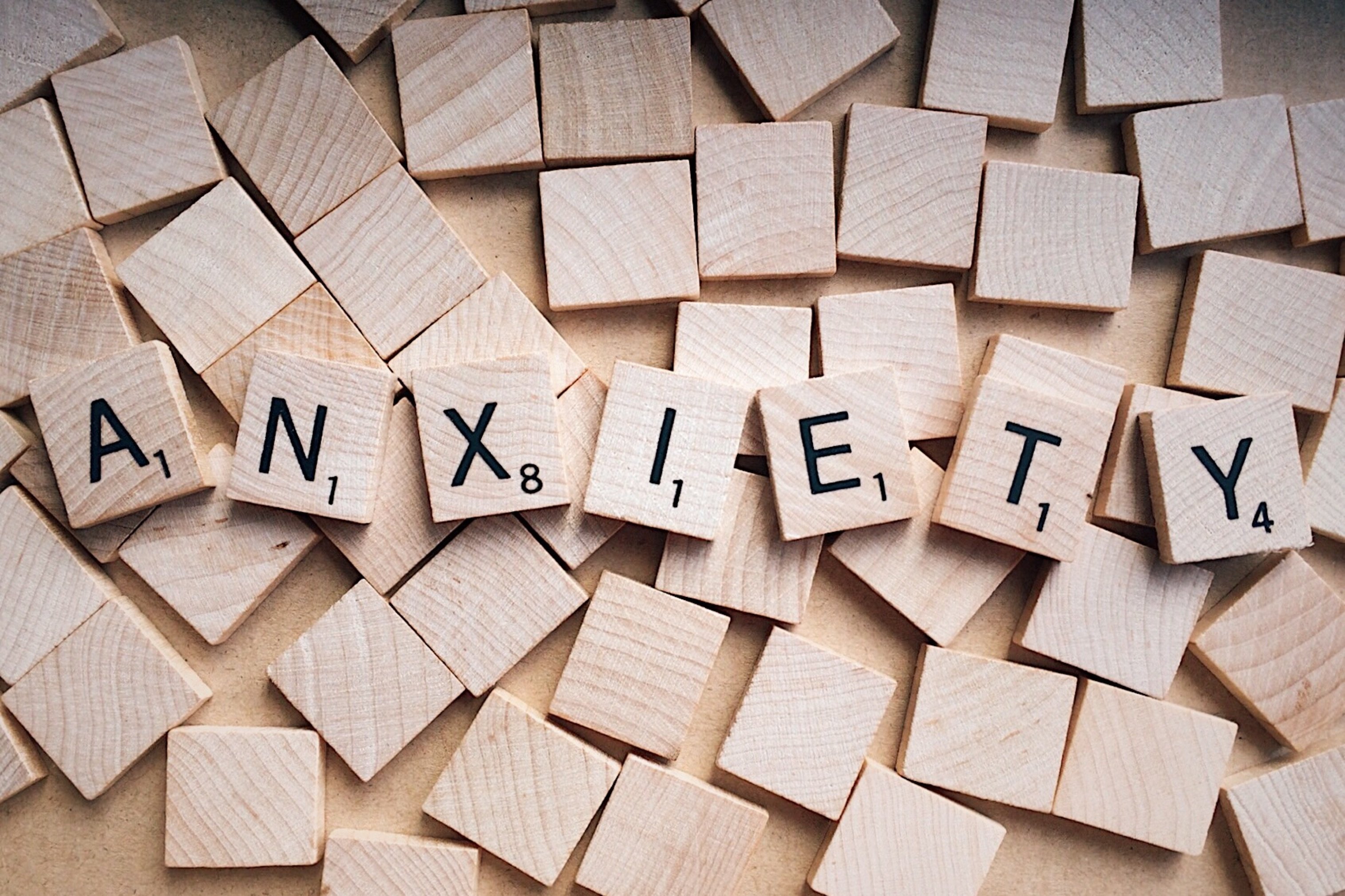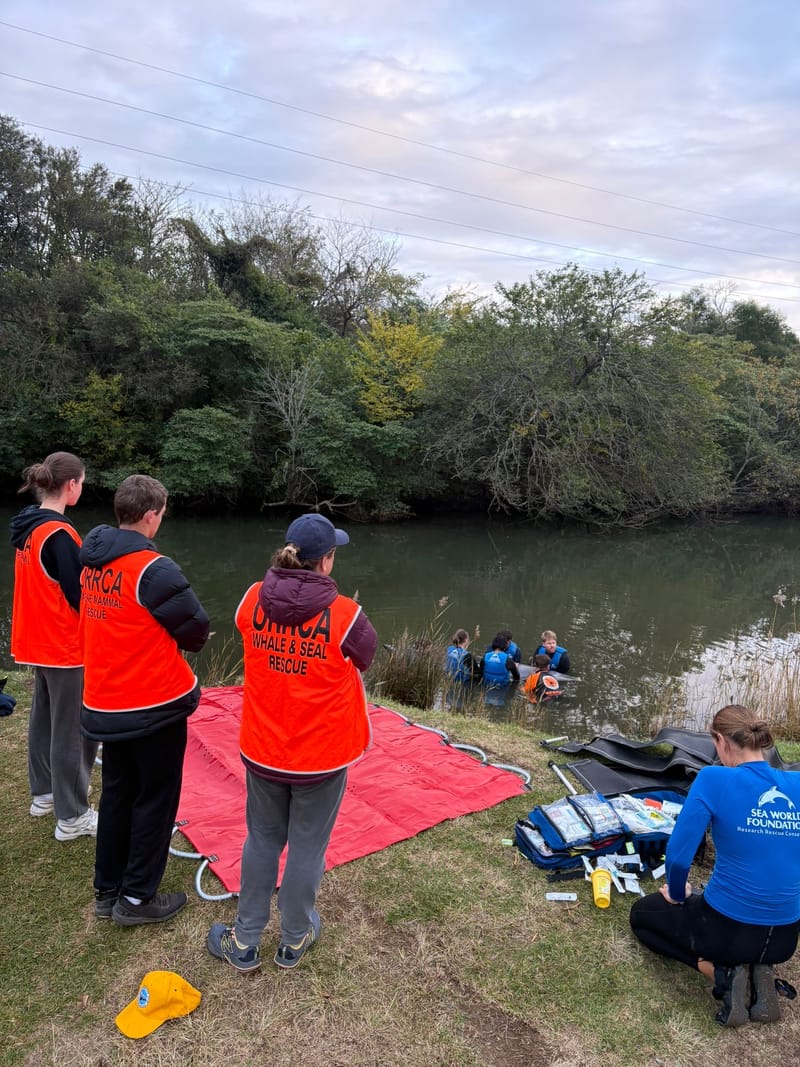Anxious? You’re not alone
By Dr Saroja Gunasekera, a GP at Bulli Medical Practice Anxiety is the most common mental health condition in Australia. Up to one-third of women and one-fifth of men will experience anxiety at some point in their lives and it can be diagnosed in...

By Dr Saroja Gunasekera, a GP at Bulli Medical Practice
Anxiety is the most common mental health condition in Australia. Up to one-third of women and one-fifth of men will experience anxiety at some point in their lives and it can be diagnosed in children too.
Feeling anxious is one way for our bodies to keep us safe from danger. Common responses are fight, flight or freeze. When people are very anxious, they have intense feelings of worry/distress that are difficult to control. Anxiety can interfere with your everyday life and make it hard to cope with ‘normal’ challenges.
We’ve all experienced anxiety in particular situations, but when responses become persistent, and impact on daily life, it may be an anxiety disorder. Risk factors for anxiety include:
* personality type, genetics and brain chemistry
* medical conditions and side-effects of medications
* substance use/abuse
* ongoing stress or trauma
* pregnancy & childbirth
* other mental health illnesses like depression.
Factors that may protect you from developing anxiety are your level of social support, coping style and previous life experiences.
When people are very anxious, they may think:
* ‘Everything’s going to go wrong’
* ‘I can’t handle how I feel’
* ‘I can’t focus on anything but worries’
* ‘I don’t want to go out’
* ‘I can’t calm myself down’
* ‘I might die’.
Obsessive Compulsive Disorder (OCD) is a condition where people have ongoing unwanted/intrusive thoughts/fears that cause severe anxiety. To relieve their anxiety, they engage in certain behaviours/rituals, such as cleaning.
If you are experiencing symptoms of anxiety or OCD, visit your GP. Your GP will help diagnose the type of anxiety disorder, and, if necessary, refer you to a psychologist. There are a variety of psychological interventions and medications available. These will help you to manage symptoms and get back to living the life you want.
For more info: www.beyondblue.org.au; www.blackdoginstitute.org.au; www.thiswayup.org.au; www.wayahead.org.au; www.headspace.org.au





